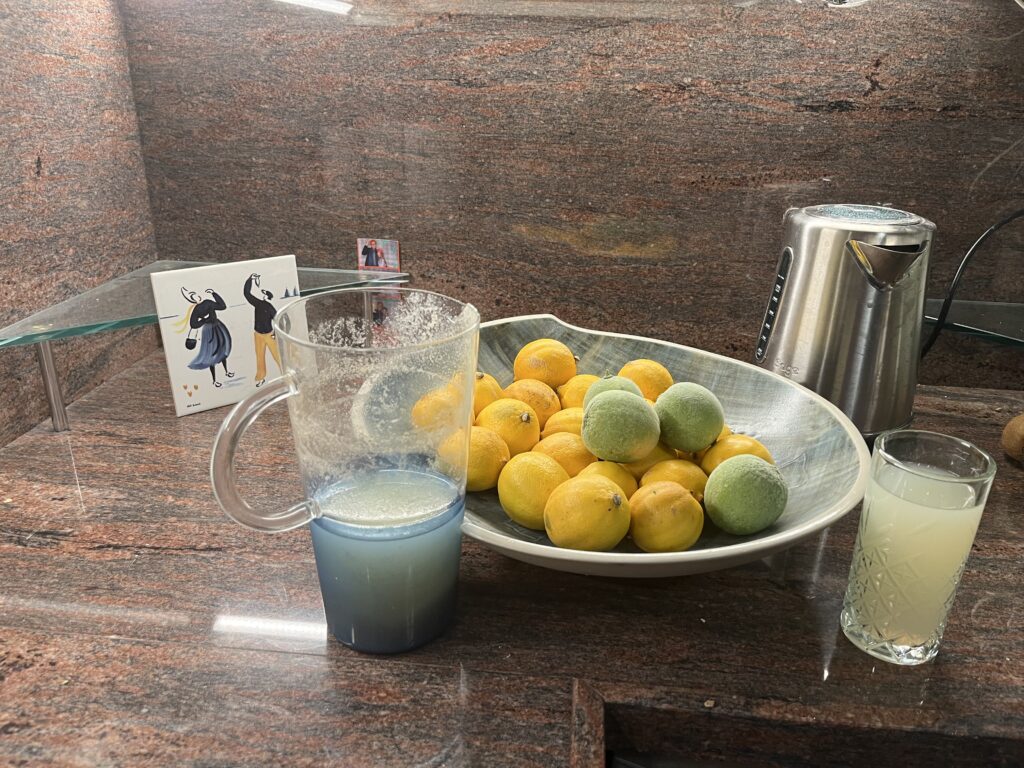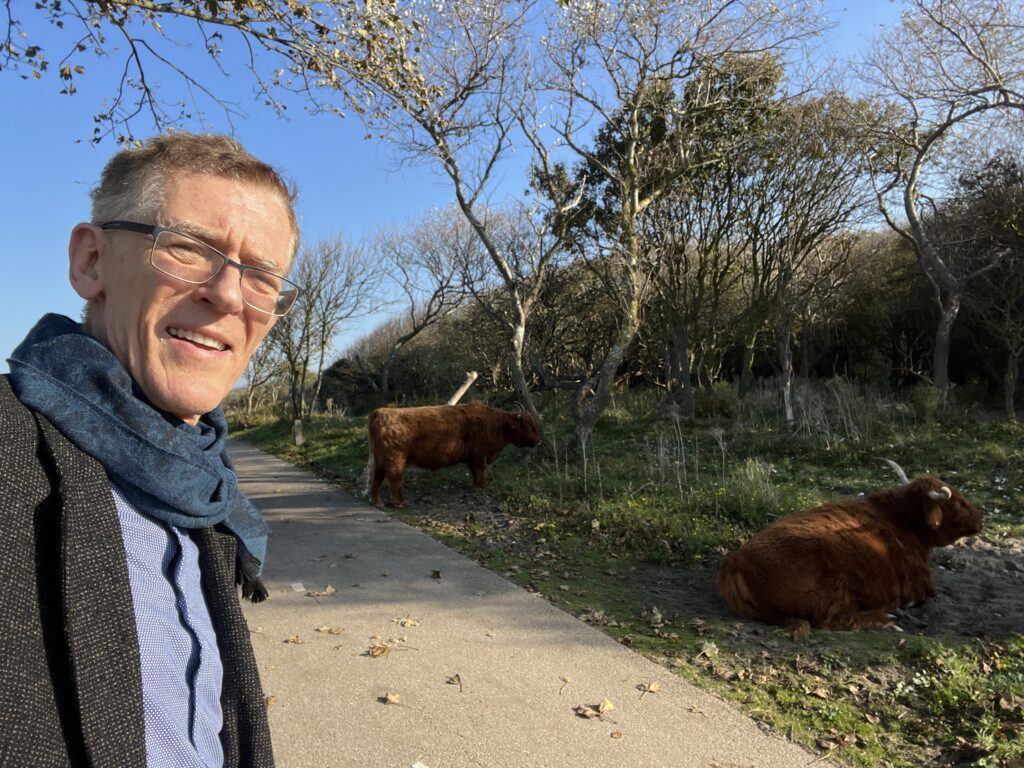
Dear reader,
I hope you are doing fine. Today some words on Lemons and Limes: longevity, prostate, intermittent fasting, vitamin C, tasty and cost effective.
Many women aged between 90 and 100 years old have one thing in common: they drink lemon water daily. It is usually slightly warm. Sometimes they drink it cold. This is better, by the way. Heating up lemon water will destroy some of its benefits.
There isn’t any definitive evidence linking their age and longevity specifically to lemon water consumption. Still, I’ve come across this statement often enough to inspire me. It led me to incorporate daily lemon juice into my own routine.
Furthermore, I’ve seen claims on the internet suggesting that lemon water may positively affect prostate function. While hard scientific evidence supporting this is lacking as well, anecdotal accounts are quite positive, including my own. My personal experience has been encouraging. After six months of drinking lemon water daily, I’ve noticed significant improvements in my bladder performance. There was also a major improvement in my PSA levels. Again, while this is merely anecdotal, it seems to have been beneficial for me.
Daily routine
As part of my daily routine, the first thing I do before breakfast is prepare a lemon drink. I also drink a glass with some added creatine and collagen. I also prepare another glass for my wife. She uses it to take her potent probiotic pill. Occasionally, I use limes instead, or a combination of both lemons and limes. We prepare approximately two liters, which my wife and I drink throughout the day (but not during meals). I use the whole lemon or lime. I add a piece of ginger, about 4 grams per person. Health experts recommend not to overdo it with ginger. I also include a bit of cayenne pepper, about half a teaspoon.
Nutritionally, there aren’t major differences between lemons and limes. Limes have a slightly more bitter taste. Lemons contain more vitamin C, offering 50 mg per 100 grams. In comparison, limes contain 30 mg per 100 grams. Beyond that, they are very similar. Both fruits offer vitamin B6, folate, and vitamin A, and also minerals like potassium. Lemons and limes also give dietary fiber (2.5 grams, roughly 10% of your daily needs), especially if you include the peel and the pith.
Positive claims on internet of top potential benefits of lemons and limes: they can help reduce kidney stones. They are high in vitamin C. They can help reduce the symptoms of vitamin C deficiency and scurvy. They have an antihistamine effect and anti-fungal properties. They can also help reduce uric acid and help increase iron absorption. My comments: these points come up often, but does not mean all of them are necessarily correct.
Two warnings. Do not drink this when you have an ulcer or gastritis. The acidity of lemon juice can damage the enamel of your teeth in the long run. Use a straw, preferably a wide one. Do not drink it right after brushing your teeth.
Intermittent fasting
They are very low in the three macro nutrients like (carbohydrates, proteins, and fats). So, individuals practicing intermittent fasting might consider a lemon drink as an interesting option. One lemon has only about 30 kcal, even when including the peel. Purists might avoid it. Still, I believe starting the day with a 5 kcal glass is acceptable. You can still call yourself an intermittent faster.
Saving money (and pesticides)
Lemons aren’t the priciest fruit, but there are ways to save money. When they are on sale, I buy 30 or 40 and freeze them whole to prevent spoilage. I use the entire fruit. Still, I remove the outermost layer of peel with a peeler due to pesticide concerns. While washing is a possibility, I prefer this precaution to work with a peeler. Removing a thin layer doesn’t significantly reduce the nutrients and fiber. It also ensures we’re not ingesting pesticides. Buying organic is another choice, but they can be more expensive and aren’t always available. Plus, I’m sometimes skeptical of organic claims.
Adding ginger and Cayenne pepper
I’ll cover ginger thoroughly in a separate blog, but it’s reputed to have many benefits, including promoting heart health. There are even indications of potential anti-cancer properties. I’ll also dedicate a separate blog to Cayenne Pepper. It is known for its wide range of health benefits due to its active compound, capsaicin. This includes benefits for heart health.
Thanks for reading, enjoy the lemon and/or lime juice. I also read some excellent pieces on cucumber juice. It does not appeal to me, but I will try. In the future :).
Live a happy and healthy life,
Your health friend, Robert

Selfie on the Kijkduin beach, standing in the cold water


